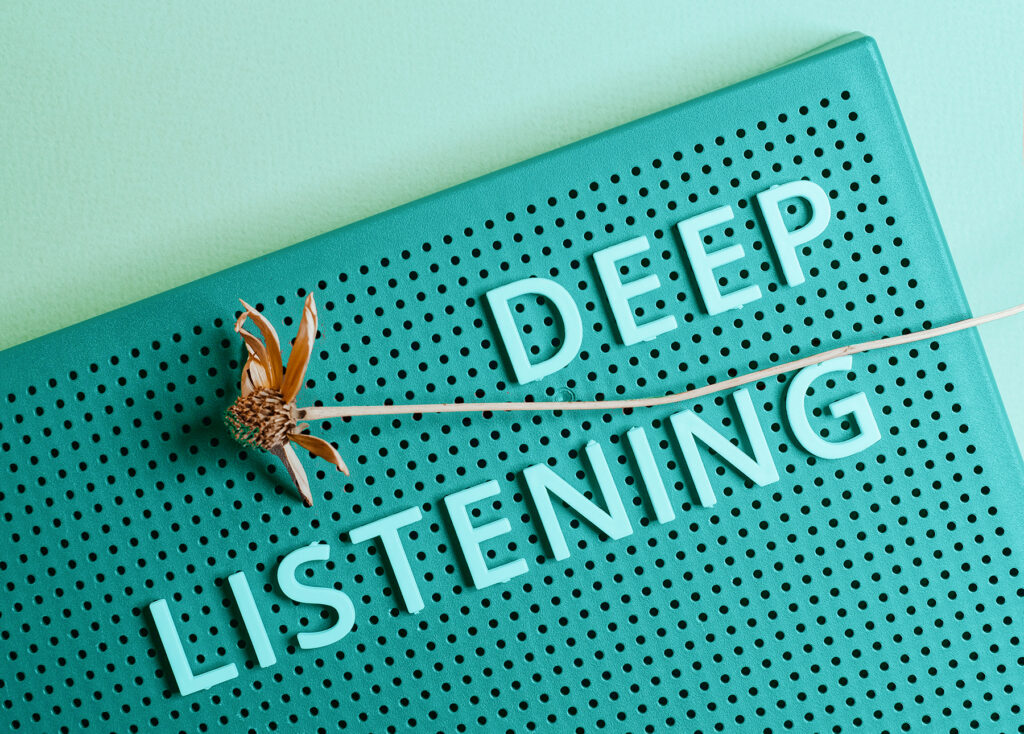How to Find the Right Mental Health Support
by Cyndi Williams, MSW, LCSW

For some, navigating mental health can come with stigma or shame, although the medical community has generally come to understand that our mental health and our physical health are inseparable. When you’ve become widowed, even if you do not have fear or shame about seeking help, it may still feel overwhelming to figure out how or where to get help.
Let’s dive into the different types of help that are available, and how to access them.
Primary Care. If you have never had a diagnosis of depression, anxiety, or other mental health condition, begin with a call to your primary care physician to share your symptoms, which could include excessive crying, sleeplessness, anger outbursts, difficulty concentrating, exaggerated startle response, hypervigilance (seeing danger everywhere), flashbacks, nightmares, etc. You may simply need a low dose of medication to help with anxiety or depression. Once you have started a medication be sure to take it as prescribed, and only stop taking the medication under your doctor’s direction and supervision. If your doctor has recommended medication, they will often encourage you to also seek talk therapy for best outcomes. If you have never previously needed medications for mental health, you will likely be able to wean off the medications over time.
Psychiatrist. If you had a prior mental health diagnosis before losing your spouse, and have previously been on medication for that diagnosis, it is probably best to see a psychiatrist who specializes in medications for mental health. Most psychiatrists focus mainly on medication management, and will encourage patients to seek talk therapy in combination with medications for the best outcomes. Most often, your primary care physician will refer you to a psychiatric health provider.
Grief Support Group. Many churches, hospice organizations, and funeral homes offer grief support groups. These groups may provide support for all kinds of grief, or for a specific kind of grief such as loss of a spouse. Some groups are open format, meaning you can join at any time, and there typically is not a formal agenda or goal at the meetings. Rather, this is a place to share your emotional experience with others under the supervision of a professional. There are also time-limited “closed” groups. I found the latter to be more helpful in my early grief because they tend to have a limited number of participants, an agenda or topic each week, and new members cannot join after the group has started. The closed group format was better for me because I didn’t have to repeat the story of my loss, or hear everyone else in the group share their losses in detail week after week. Those with more traumatic losses may find that a widow/widower-specific, closed and time-limited group is a better fit.
Counselor/Therapist. I personally believe every widow and widower could benefit from at least a few counseling sessions to focus on coping skills and feeling that they have a safe place to share their loss experience with someone outside their inner circle. Sometimes your closest supporters are also grieving your loss in their own way. They may not be comfortable seeing you hurting, or they may just not know how to help or what to say. A trained mental health counselor or therapist with experience in grief can help you begin to process what you’re feeling and experiencing and offer practical ways to work through your grief. I recommend researching therapists and their specialties before scheduling an appointment, or asking friends and family for recommendations. You may not feel an immediate connection with your new counselor, but try to participate in 2 to 3 sessions before deciding to try someone new. If you do not find the right fit for you, be patient and keep trying, because when you do connect with a counselor you will receive the greatest therapeutic benefit. You will not hurt your counselor’s feelings if it is not a good fit — in fact, they may be able to help you identify a better fit after getting to know you a bit.
Support Communities. Modern Widows Club’s in-person and virtual communities can help you feel less alone in your grief. Connecting with others at various stages of life and grief can help you find hope from those further along in their grief, and give you opportunities to reach back to support wisters who have started their grief journey more recently than you. Modern Widows Club has been committed throughout the years to furthering research and surveying members to better meet the needs of wisters around the globe. This is where you will have a space to discuss topics meaningful in widowhood, focus on healing and growth, meet that new friend who shares similar life circumstances or similar losses, and even have new adventures with your wisters.
Wishing you health and wellness.
Cyndi Williams is a mental health advisor and contributor for Modern Widows Club, currently working as a mental health therapist at Sandhill Counseling and Consultation in St. Louis, Missouri.

